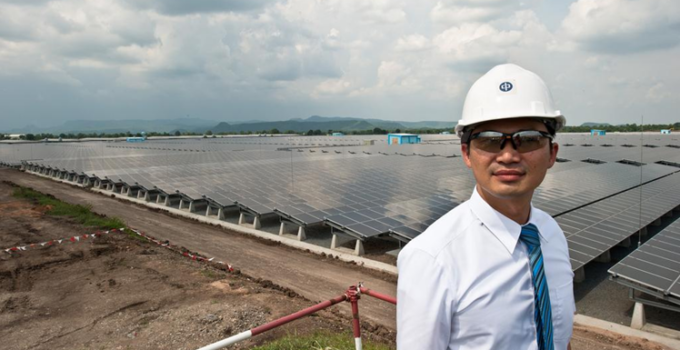As governments, educational institutions, NGOs and the private sector alike become increasingly aware of the need for more sustainable business practices, there’s a rapidly growing demand for professionals with the right skills and qualifications to assist them.If you’re interested in furthering your studies or pursuing a career path in sustainable development, here, we take a look at just a few of the roles in sustainable development you might wish to pursue.
It’s important to remember that because sustainability covers such a broad range of industries and responsibilities – from science and engineering to education and media – the best place to start may well be the field you’re already in!

source:senseandsustainability.net
Page Contents
Why pursue a career in sustainable development?
The planet’s resources become scarce and people become more aware of their impact and dependence on the environment, whereas the sustainability field is growing rapidly. This makes pursuing an appropriate qualification a great investment for your career prospects. It can also be massively rewarding on a personal level to know your work is meaningful and having a beneficial effect on the environment.
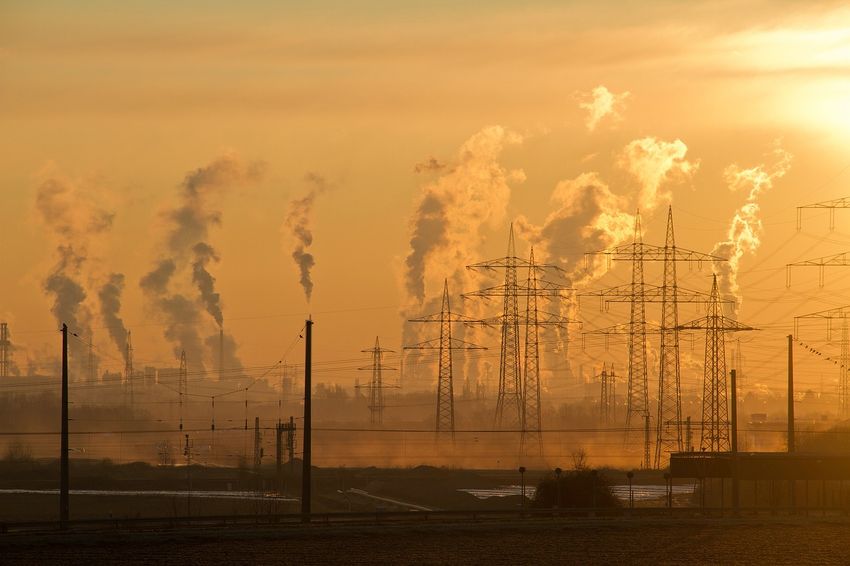
source:senseandsustainability.net
Who employs sustainable development professionals?
Although there are roles available across virtually every industry, the largest employers of sustainability professionals are the private industry, followed by government, research institutions and non-profit organizations.
Environmental planner
Environmental planners aim to minimize the environmental impacts of proposed construction projects, ensuring that they comply with environmental laws and regulations. Essentially, it is urban planning with a focus on sustainability.
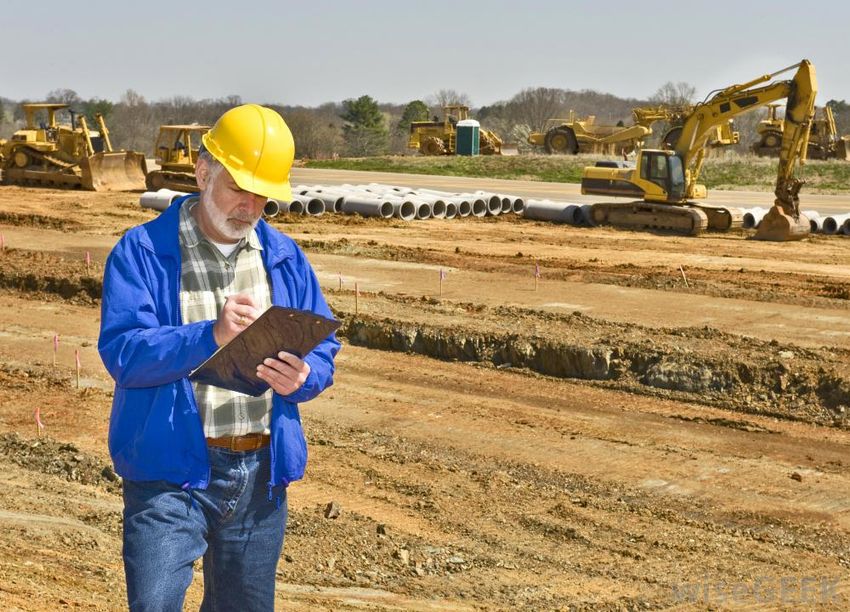
source:ogaiaeducation.org
Environmental Engineer
Environmental engineers are technical advisers who help businesses understand how to keep their impact on the environment to a minimum. The role deals with aspects such as environmental law, land use, pollution and resource regulation.
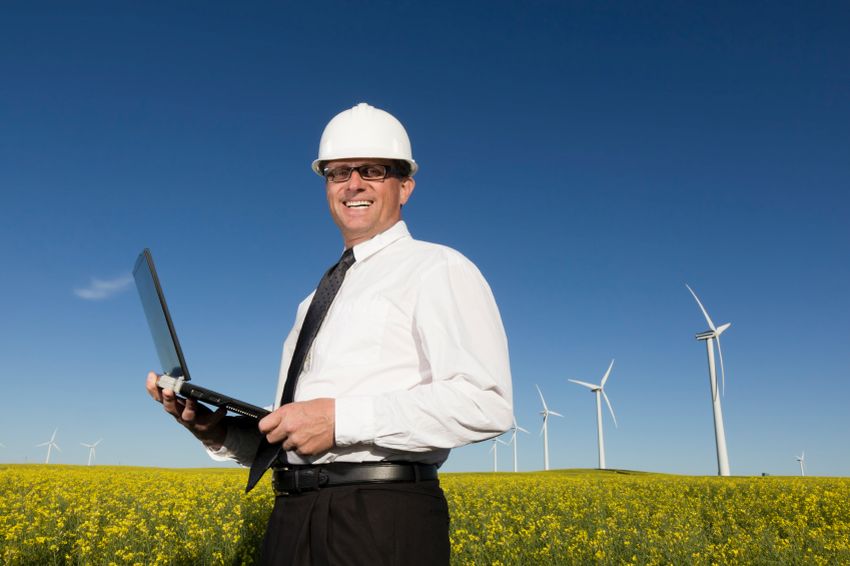
source:ogaiaeducation.org
Wind turbine technician
As you might expect, wind turbine service technicians (also called ‘windtechs’) install, maintain, and repair wind turbines. This is a rapidly growing field of employment, with the US Bureau of Labor Statistics projecting a 96.3% increase in demand up to 2026.
Solar technician
Assembling, installing, and maintaining solar photovoltaic (PV) systems.
Employment opportunities vary from installing small solar panels for residential homes to helping maintain massive PV arrays on solar farms.
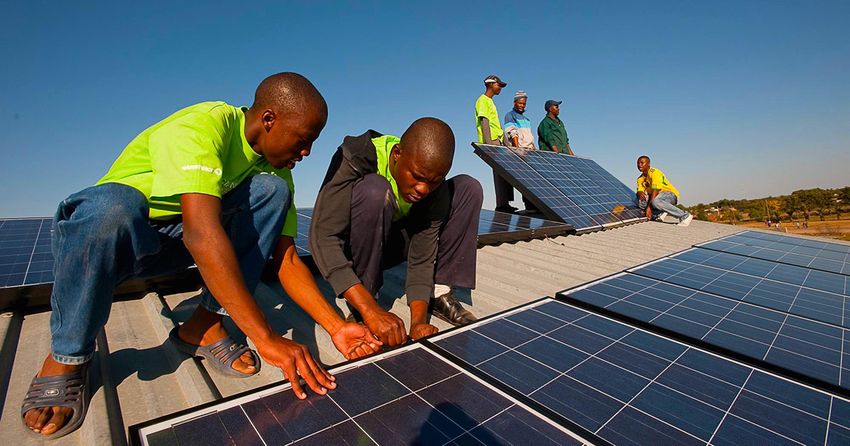
source:rkd2design.com
Sustainable architect
Sustainable architects aim to build (or retrofit existing buildings) that are both comfortable yet have minimum impact on the environment. This might incorporate energy efficiency, use of recycled or reclaimed materials, or entirely off-grid solutions.
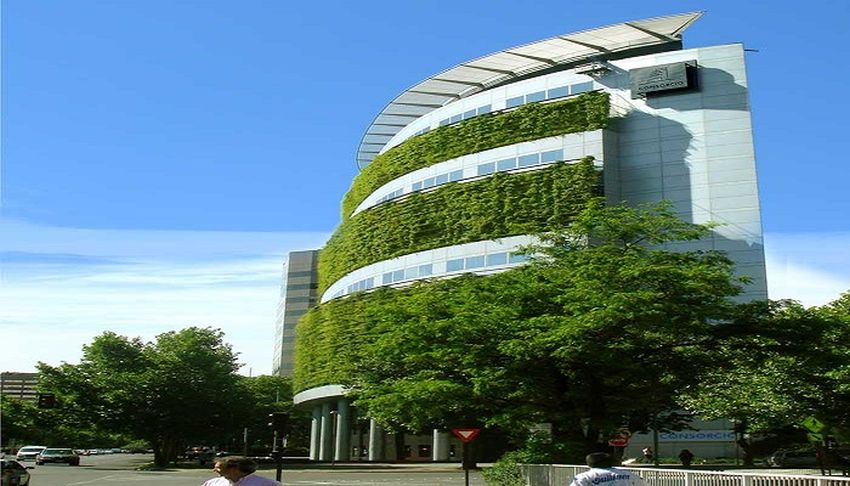
source:rkd2design.com
Energy Manager
Energy managers monitor and analyze energy consumption, plan and renew energy initiatives for new construction, renovations, and retrofits, and ensure specifications and legal requirements are complied with.

source:rkd2design.com
Sustainability Specialist
Sustainability Specialists work closely with organizations to establish sustainability strategies and programs and comply with local environmental regulations. You will need to gain a deep understanding of the company you work with to make the best and most feasible suggestion across all their operations.
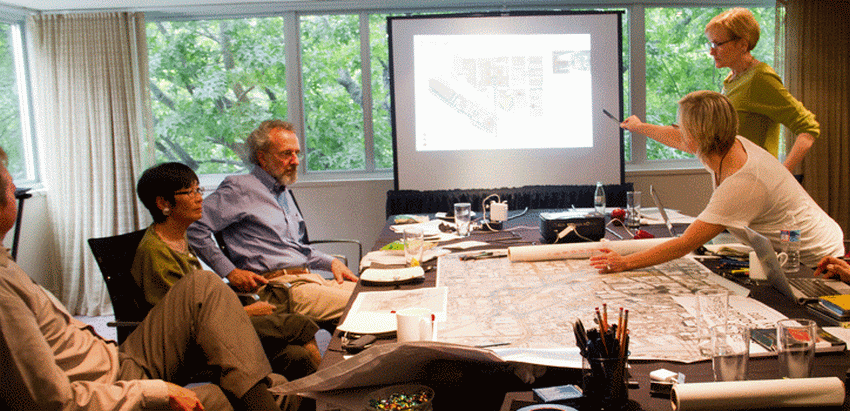
source:archfoundation.org
Eco-entrepreneur
Finally, many people may want to forge their own sustainable path, starting their own company – either offering sustainability services or creating or inventing their own products that solve an environmental challenge. If you are already established in your career, then branching out and using your skills with a sustainable twist might be the right fit for you! An example might be turning your experience in fashion into creating clothing from locally produced or sustainably sourced textiles or using your legal expertise to assist environmental NGOs.

source:360proactiveengineer.com
Importance of sustainable development education and careers in the developing world
In countries which are trying to rapidly create and expand their infrastructure to compete with more developed countries, doing so in a sustainable manner from the get-go presents a unique opportunity. In some countries like India, the government has recognized that educating even the youngest students in the importance of sustainability – going so far as to direct all education boards to include environmental education as part of the formal education system at all levels.

source:pagedesignhub.com
It was perhaps this kind of background which led Dr. T.G. Sitharam, Chairman of the Centre for infrastructure and Sustainable Transportation and Urban Planning or CiSTUP, to choose a sustainable geocell solution for a waste storage capacity project for the Vedanta Aluminum company. The use of this cellular confinement system technology in India not only resulted in a more durable and sustainable outcome but helped the company avoid an expensive and complex alternative method which would have required the import of sophisticated earth machinery to a very remote site – a problem typical in developing countries.

source:pagedesignhub.com
By encouraging students and professionals of all ages to consider a career in sustainable development, we can meet the needs of the present while also preserving the environment for future generations.

